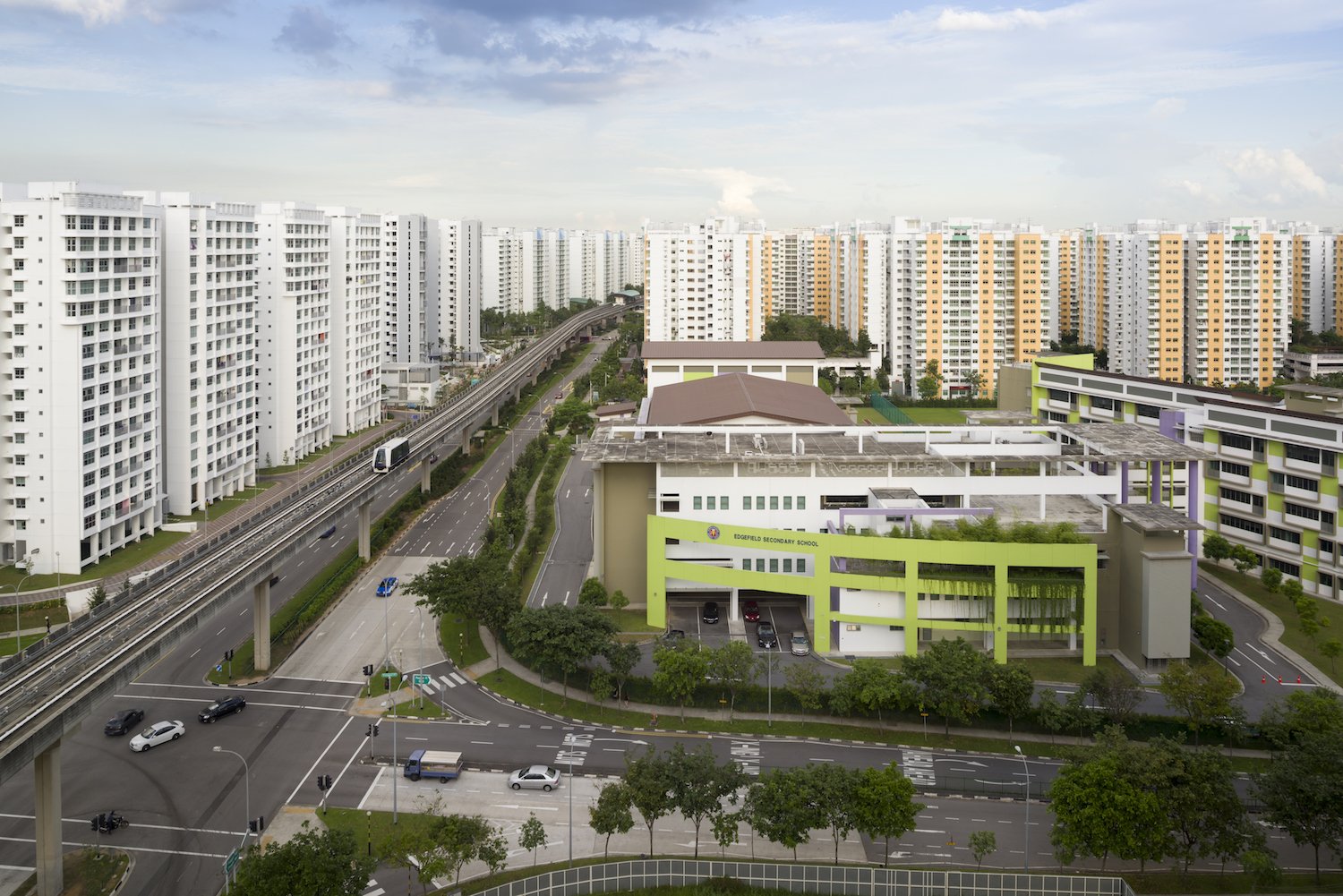What is maturity precisely in the context of a mature estate?
For those unfamiliar with the Singapore market, the maturity of an estate or town refers to its age. Towns that have been around for more than 20 years are deemed mature. Those that have been built more recently are considered non-mature.
Blurring the lines a little, the main difference between mature estate and a non mature estate two is that generally the mature-estates also have mature neighbourhoods and better amenities. Yes that means malls, lots and lots of malls. The “better amenities” argument is especially popular amongst proponents of mature estates, and while it is valid in itself. Let’s dig a little deeper and see if mature estate is really as fabulous as it is often made out to be.
Price
Mature estate tends to be more expensive than their non-mature counterparts. Everything else equal, prices can be as much as 10 to 15% higher in some cases. So perhaps it is worth asking yourself whether the greater proximity to better amenities is really worth dropping an extra 50k or so.

The 99-year lease
We all know that your homeownership really is just a 99-year lease, and the more mature the estate the less time you have left to live in your home. Now, common sense kind of tells us that as the lifespan of your house shortens, its value should go the same way.
As it turns out, this is something no Singaporean yet seems to care about, and if anything mature estate costs more than a non-mature one. Still, sooner or later that ticking time bomb will start ticking faster, and when that time comes the younger your HDB the better.
Greater scope for property appreciation
A quick glance over the URA master plan reaffirms our suspicion that the government is set to develop every inch of the island. While mature estates are set in neighbourhoods that are already developed immature estates know far more potential for growth. And while you may not yet benefit from the amenities when you start to live there, a couple of years down the road you may. Seeing such developments, properties in non-mature estates will face greater scopes of property appreciation.
The future of our urban landscape is smart
The urban landscape of Singapore is changing. The government is set to propel the country into the 21st century with Smart Technology being incorporated into every aspects of our lives. The real estate industry is envisaged to become a vital pillar on which to build this new Singapore, and public housing is going to be the precedent. Already in Punggol Northshore, Bidadari, and Tampines North pilot projects are underway.
One way or another, Smart HDB Towns are coming to Singapore, and it is starting in the newest estates.
The future of our urban landscape is also more connected
HDB is not the only agency that has big plans for Singapore; the Land Transport Authority (LTA) is executing an ambitious plan to double the size and scope of the MRT network by 2030. The enhanced accessibility will blur the lines more between mature and non-mature estates. After all, you may travel from the latter to the former within minutes. So yes – mature estates have better amenities, but considering everything else, its fame does not really add up.
If you are just starting out, and don’t have piles of cash lying around, the non-mature estates may very well be a smarter choice. In any case, you can always upgrade later.
4 years ago · 4 min read ·
Source: 99.co